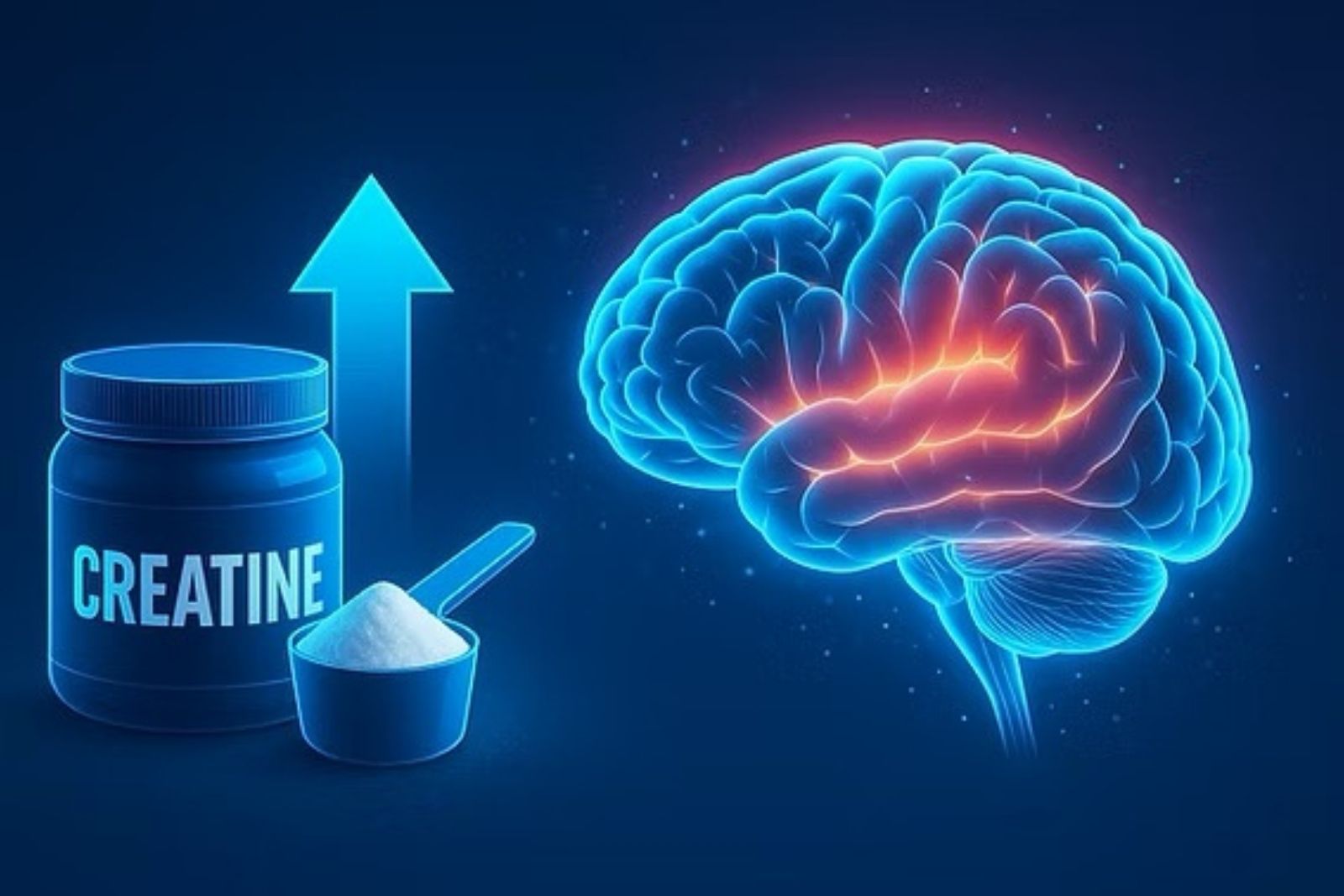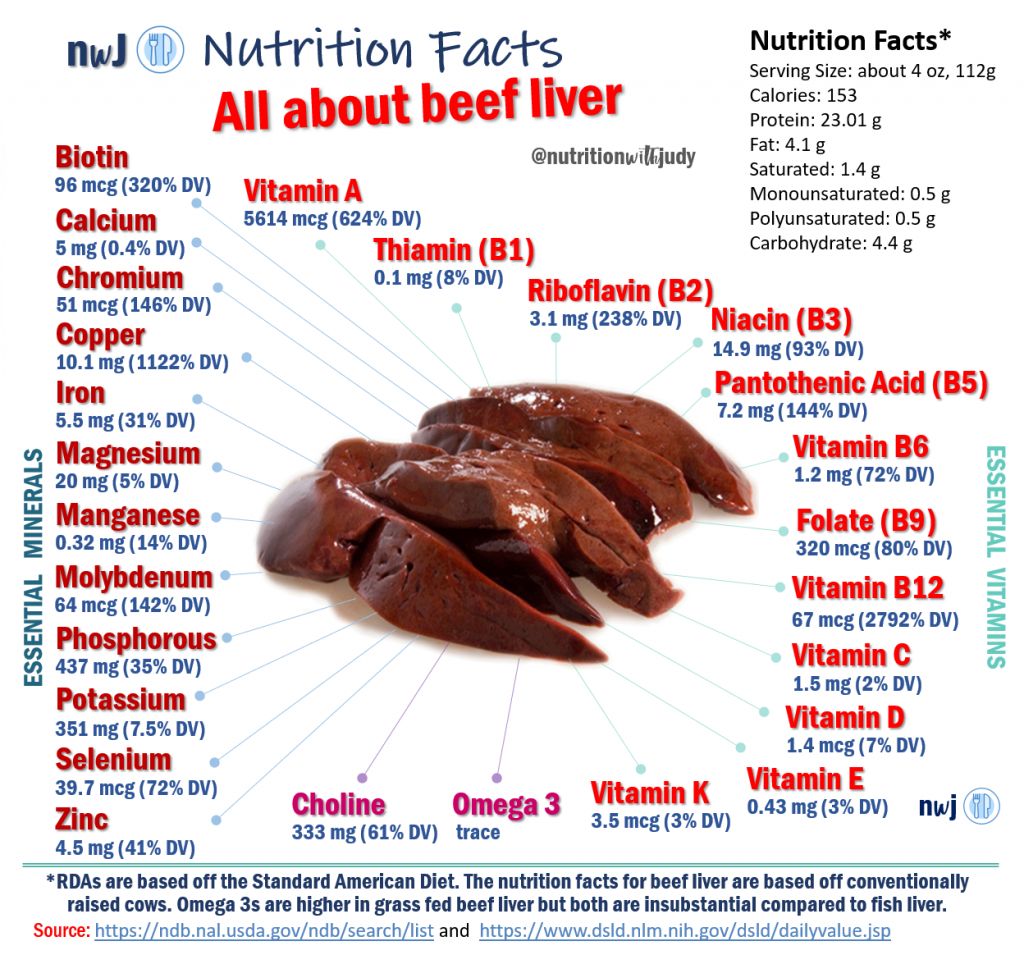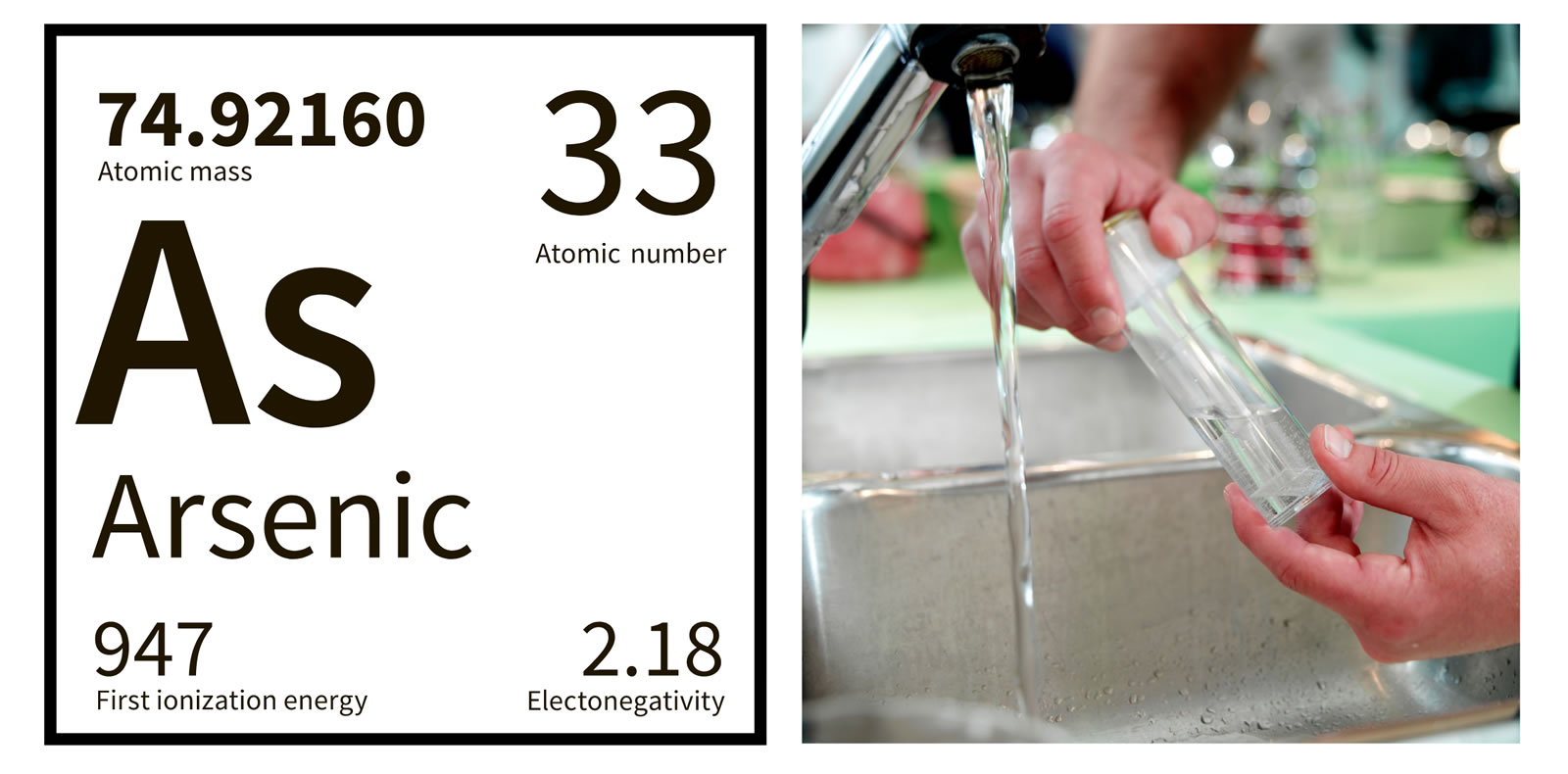
INTRODUCTION Your brain is the command center for the rest of your body. If you lost the ability to use your left arm (for example), you would still survive. However, you cannot afford to compromise the function of your brain and neurological system. So it makes good sense to do everything you can to support […]
Read More







